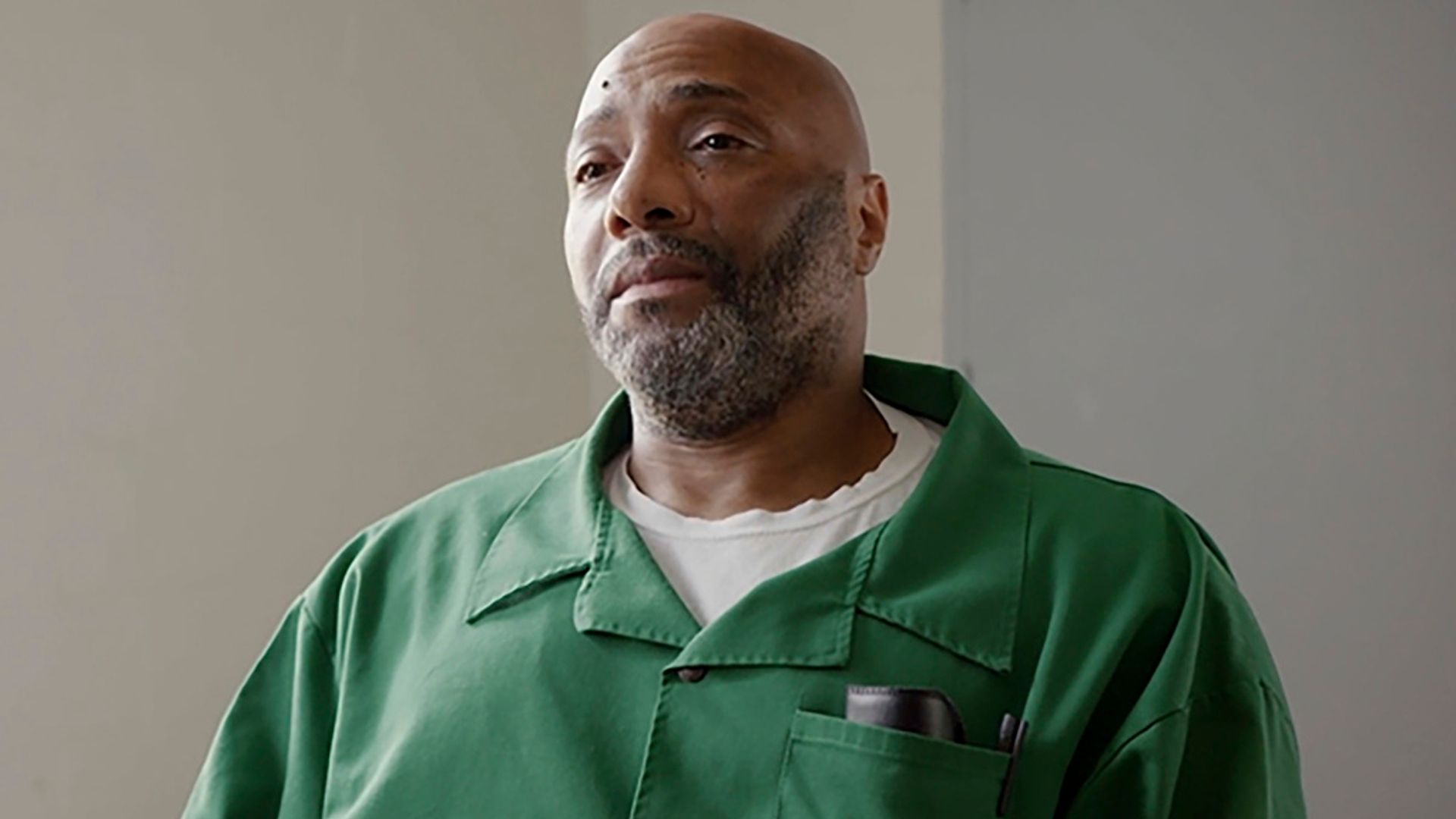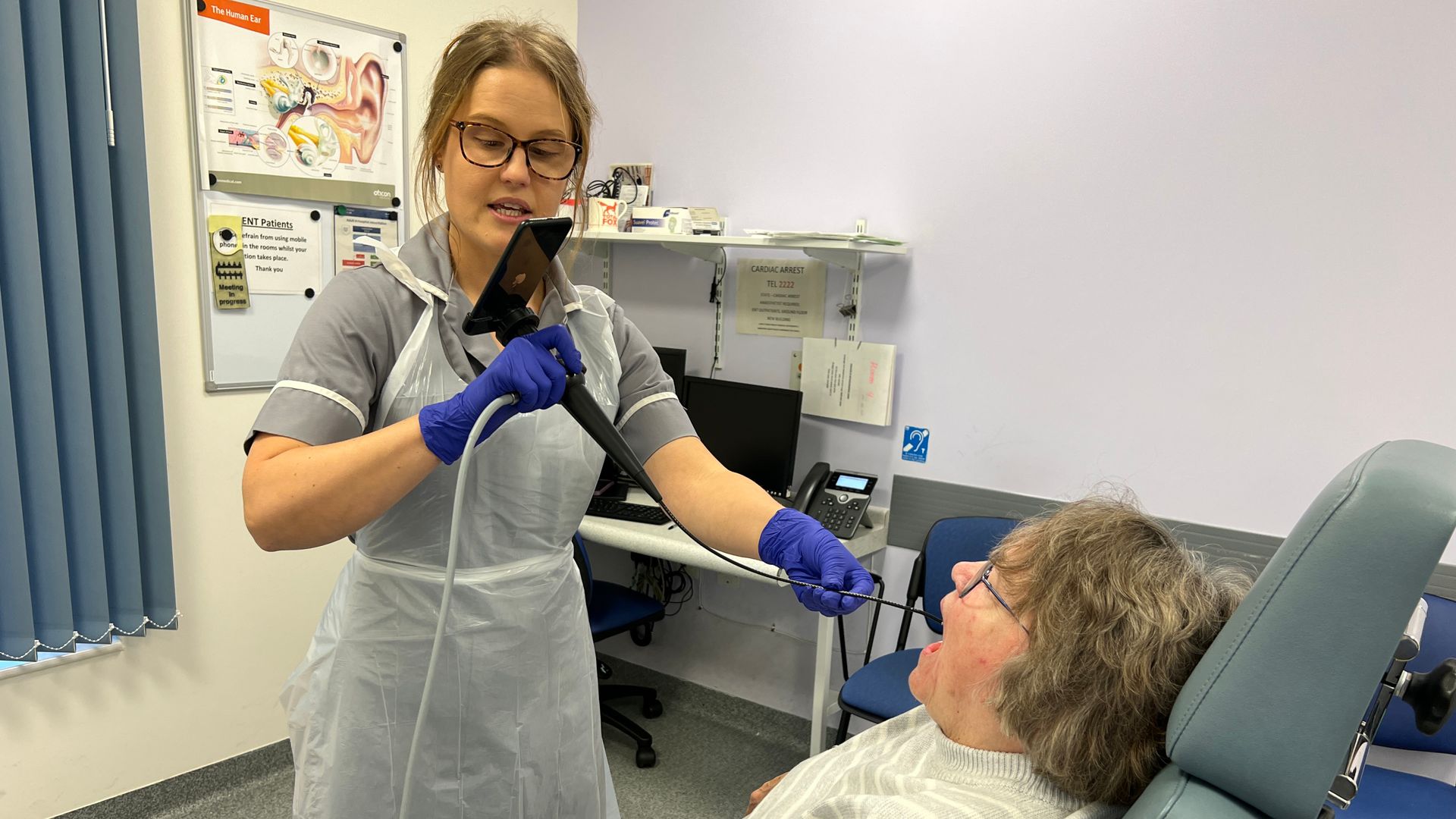
A version of this article was originally published in The Daily Brief, our Maine politics newsletter. Sign up here for daily news and insight from politics editor Michael Shepherd.
Things are never easy at the Maine Department of Health and Human Services. The monolithic agency takes up roughly a third of the state budget, brings in massive amounts of federal money and runs many crucial programs.
Over the last few weeks, lawmakers from both parties have keyed in on the agency for a mix of old and new problems that have come to the forefront, led by long phone waits for services and the deaths of Mainers in state guardianship that drew attention to a long-unfollowed law.
The context: All of this comes on top of other issues facing the agency. They include a long-struggling child welfare system that drew another critical report from a watchdog late last year and fraught contract negotiations between the administration of Gov. Janet Mills and the Maine Service Employees Association, which have been hundreds of millions of dollars apart in talks.
Many of these things are connected in this massive department. Last month, the federal government warned states including Maine that long call center wait times were potentially in violation of federal Medicaid requirements. This is a broader issue, with a state report in April finding average wait times of more than two hours in the Office of Family Independence.
Commissioner Jeanne Lambrew told the Associated Press that the issues came in a “tradeoff” due to a huge influx of MaineCare applications as the federal government winds down pandemic-era Medicaid eligibility rules. Critics of the department on this issue, led by progressive Sen. Mike Tipping, D-Orono, are pressing the Mills administration on staffing plans.
The guardianship issues were brought to light in a recent article from the Maine Monitor, which found that eight adults in the state’s care died within the past three years under circumstances that could not be fully explained. One was ruled a homicide, though it was not prosecuted. There is an open investigation in another case, and a department spokesperson said the state is “committed to the well-being of individuals subject to public guardianship.”
This drew attention to a 1997 law that instructed the department to provide information on such deaths to the legislative committee that oversees the department. It apparently has never been followed, and lawmakers are now agitating for change on that front.
“Clearly, the law is being ignored,” Sen. Stacey Guerin, R-Glenburn, said in a radio address last week.
What’s next: These issues are like many others facing the department. They are not exactly new, and they are connected to other areas of government from staffing shortfalls to the court and law enforcement systems. Expect to see new proposals in these areas when lawmakers come back to Augusta in January.










